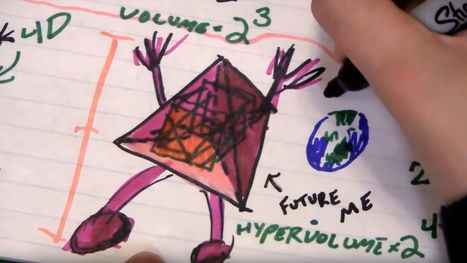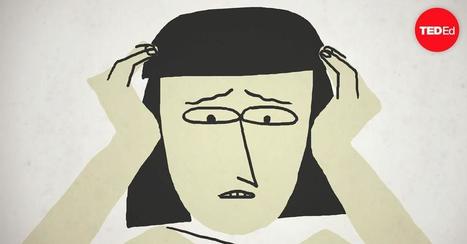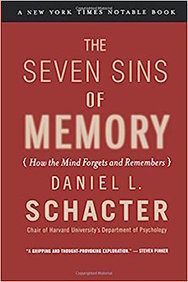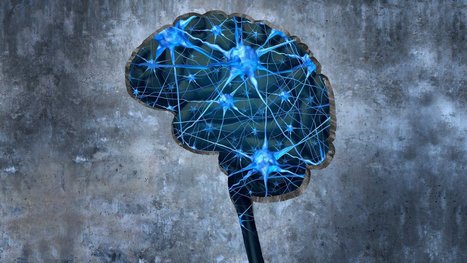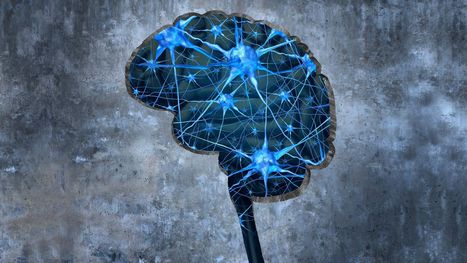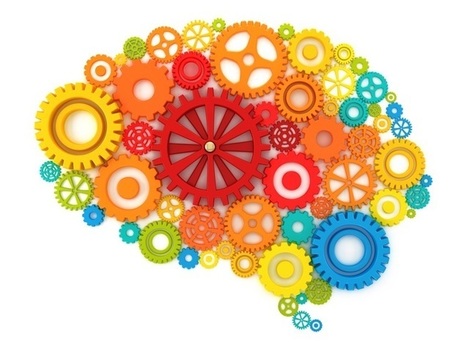It’s long been known that drawing something helps a person remember it. A new study shows that drawing is superior to activities such as reading or writing because it forces the person to process information in multiple ways: visually, kinesthetically, and semantically. Across a series of experiments, researchers found drawing information to be a powerful way to boost memory, increasing recall by nearly double.
Myra Fernandes, Jeffrey Wammes, and Melissa Meade are experts in the science of memory—how people encode, retain, and recall information. At the University of Waterloo, they conducted experiments to better understand how activities such as writing, looking at pictures, listening to lectures, drawing, and visualizing images affect a student’s ability to remember information.
Research and publish the best content.
Get Started for FREE
Sign up with Facebook Sign up with X
I don't have a Facebook or a X account
Already have an account: Login
News, reviews, resources for AI, iTech, MakerEd, Coding and more ....
Curated by
John Evans
 Your new post is loading... Your new post is loading...
 Your new post is loading... Your new post is loading...

jose antonio gabelas's comment,
April 3, 2018 7:14 AM
Buen comentario. Aporto mi reciente artículo en el diario Disidentia. La necesidad de recuperar la memoria https://disidentia.com/la-memoria-un-concepto-olvidado-en-la-educacion/

jose antonio gabelas's comment,
April 3, 2018 7:14 AM
Buen comentario. Aporto mi reciente artículo en el diario Disidentia. La necesidad de recuperar la memoria https://disidentia.com/la-memoria-un-concepto-olvidado-en-la-educacion/

Carlos Fosca's curator insight,
April 3, 2018 6:05 PM
"De acuerdo a los neurobiólogos Blake Richards and Paul Frankland, el objetivo de la memoria no es solo almacenar información con precisión sino también "optimizar la toma de decisiones" en entornos caóticos y muy cambiantes. En este modelo de cognición, el olvido es una estrategia evolutiva, un proceso útil que se ejecuta en el fondo de la memoria, evaluando y descartando información que no promueve la supervivencia de la especie." (Youki Terada, 2017). |

Transforming Lives's curator insight,
January 13, 2019 10:56 PM
Makes sense that drawing can improve memory. Just like mind-mapping, drawing connects to another part of our brain. I like that you don't have to be good at drawing to reap the benefits. |




